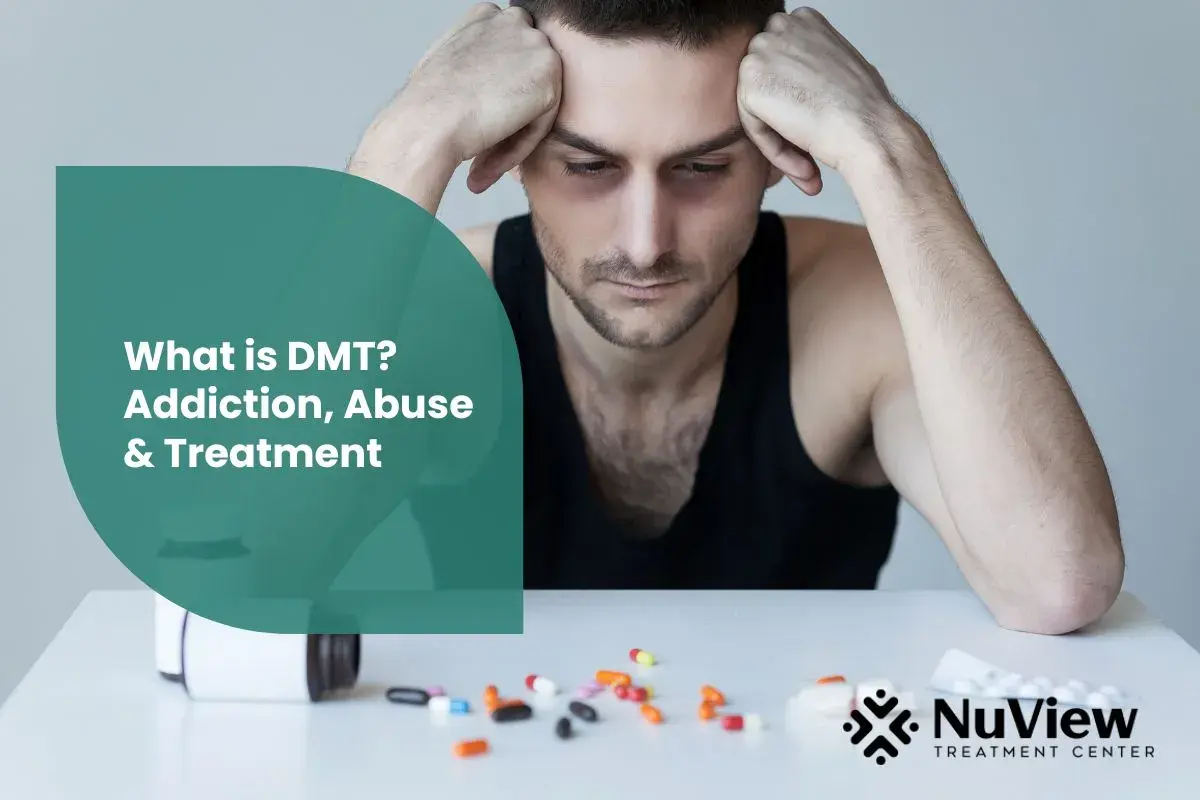Klonopin, generically called Clonazepam, is a benzodiazepine. It is mainly prescribed to patients for the treatment of anxiety and panic disorders and also as an anticonvulsant to prevent seizures. It has a relatively long half-life, meaning it can stay in your system for an extended period.
Typically, Klonopin can remain detectable in your body for 6 to 9 days after your last dose. However, the exact duration can vary depending on factors such as dosage, frequency of use, metabolism, and overall health.
How To Get Klonopin Out Of Your System?
If you have been taking Clonazepam and want to flush it out of your system, the best way is just to let it follow its natural metabolic pathway. Detoxification is a critical step in recovery, allowing your body to cleanse itself of Klonopin and its metabolites.
Such detoxification can vary from a number of days to a few weeks until completion, depending on things like the amount one is taking daily or weekly and whether other drugs were also taken along with Klonopin.
Also, considering the challenges of detoxification from benzodiazepines due to their recurrence, patients must always seek medical assistance before they stop using Klonopin. It is much better that they gradually reduce the dosage instead of abrupt discontinuation of its use to prevent life-threatening withdrawal symptoms.
How Long Does Klonopin Stay in Your Urine?
It can be detected in urine for 2 to 30 days after the last dose. The duration depends on several factors, including the dosage, frequency of use, and individual metabolism. Urine tests are one of the most common methods used to detect benzodiazepines like Clonazepam.
How Long Does Klonopin Stay in Your Hair?
Klonopin can remain in your hair follicles for up to 28-90 days or more. This method is often used in more extensive drug testing protocols because it provides a long-term view of substance use. However, it's important to note that hair testing might not indicate recent use, as it typically takes a few weeks for the substance to appear in hair strands.
Get Started With Nuview Treatment Center
Our dedicated professional staff is here to guide you or your loved one on the journey to lasting recovery, offering support every step of the way.
How Long Does Klonopin Stay in Your Saliva?
Klonopin is detectable in saliva for 5 to 6 days after the last dose. Saliva testing is less invasive and provides quick results, and it is often used in settings where immediate detection is necessary. However, the window for detection is shorter compared to other methods, like urine or hair testing.
How Long Does Klonopin Stay in Your Blood?
Blood tests provide a more accurate method of detecting Klonopin but have shorter detection windows. They are commonly used in medical or legal settings where precise measurement of drug levels is required.
How Long Does It Take for Klonopin to Take Effect?
It takes effect about one to four hours after it is taken by mouth. The effects last for six to eight hours; however, some people may experience longer-lasting effects. How fast Klonopin works depends on age, weight, and metabolism.
Some people may experience prolonged effects, especially if they have slow metabolisms or are taking higher doses. You should not take more than your prescriber has recommended or more often than you were told in order not to misuse this medication.
Get Started With Nuview Treatment Center
Half-Life of Klonopin
The half-life of Klonopin is about 30 to 40 hours. This implies that it takes that amount of time for the concentration of the drug in your body to decrease by half.
Due to its long half-life, it may remain in your body for an extended period, with complete elimination taking approximately 6 to 9 days. Because of this extended period, Clonazepam can be detected through urine tests conducted even several days after administration.
Peak Levels of Klonopin
Klonopin reaches its peak levels in the bloodstream approximately 1 to 4 hours after ingestion. At this time, the effects of the drug are highest and provide maximum relief from anxiety or seizures.
Its effect can last up to twelve hours; thus, during this time, it is important not to drive or operate machinery as it requires full attention. Due to its prolonged-acting nature, the drug is better suited for maintenance therapy rather than acute symptomatic management.
Drug Testing for Klonopin
Different drug tests can detect Klonopin, and each has various detection windows:
Urine Tests:
This is the most frequently used method because it is easy to use and reliable.
Hair Tests:
Hair testing offers a long-term view of drug use but is not commonly performed because it costs more and takes longer time to process.
Saliva Tests:
Saliva tests are less invasive than other methods and offer fast results, making them useful in certain circumstances.
Blood Tests:
Klonopin can be seen in the blood shortly after taking a pill, and its metabolites remain active for some more days. In medical environments, blood tests are typically employed to determine current levels of the medicine in the body.
Can You Overdose on Klonopin?
Yes, like any other benzodiazepine, it is possible to overdose on Klonopin. When combined with other substances in large quantities, especially alcohol and opioids, it can cause adverse reactions. Let's discuss some signs that can help you recognize when to seek help.
Common Signs of Overdose:
- Extreme drowsiness or difficulty staying awake
- Confusion or disorientation
- Slurred speech
- Loss of coordination or balance
- Slowed or shallow breathing
- Weak pulse
- Unresponsiveness or loss of consciousness
If someone is showing signs of a Klonopin overdose, call emergency services immediately, like 911 in the U.S.
Frequently Asked Questions
Does Klonopin build up in your system over time?
Yes, due to its long half-life, Klonopin can accumulate in the body, especially with daily use.
How long does it take for Klonopin to leave your system completely?
It may take around 6 to 9 days for Klonopin to fully clear from your system, but this varies by individual.
What factors affect how long Klonopin stays in your system?
Age, body weight, metabolism, dosage, frequency of use, liver function, and overall health can all influence how long it stays detectable.
How long do Klonopin’s effects last?
The sedative effects typically last 6 to 12 hours, but the drug stays in your system much longer.
- How To Get Klonopin Out Of Your System?
- How Long Does Klonopin Stay in Your Urine?
- How Long Does Klonopin Stay in Your Hair?
- How Long Does Klonopin Stay in Your Saliva?
- How Long Does Klonopin Stay in Your Blood?
- How Long Does It Take for Klonopin to Take Effect?
- Half-Life of Klonopin
- Peak Levels of Klonopin
- Drug Testing for Klonopin
- Can You Overdose on Klonopin?
- Frequently Asked Questions
- How To Get Klonopin Out Of Your System?
- How Long Does Klonopin Stay in Your Urine?
- How Long Does Klonopin Stay in Your Hair?
- How Long Does Klonopin Stay in Your Saliva?
- How Long Does Klonopin Stay in Your Blood?
- How Long Does It Take for Klonopin to Take Effect?
- Half-Life of Klonopin
- Peak Levels of Klonopin
- Drug Testing for Klonopin
- Can You Overdose on Klonopin?
- Frequently Asked Questions
Get Help Today!
Everyone is Welcome Here and We All Have Your Back
Your healing journey deserves a personalized approach. At NuView, we integrate expertise in behavioral therapy, mental health, and substance use treatment to create a customized recovery plan tailored to your unique needs.
Connect with our Admissions Specialists today.







Written By
Dr. Ryan Peterson